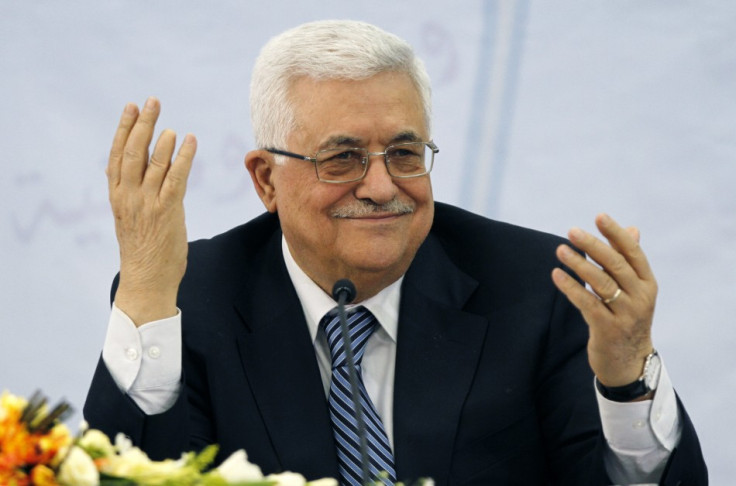Palestinian Statehood Bid: Why is the U.S. Refusing to Support the Palestinian Arab Spring?

After weeks of speculation, Palestinian Foreign Minister Riad al-Malki announced Thursday that the Palestinian Authority will submit its bid for full UN membership with the UN Security Council (UNSC) on Friday 23 September but Palestinian leaders are still questioning why the U.S. refuses to support what they call the "Palestinian Arab Spring".
Despite Palestinian leaders announcing they would seek UN membership months ago , world leaders were still wondering whether Palestine, which presently has a UN Observer status only, would seek full membership or not.
Speculations over whether Mahmoud Abbas would seek the approval of the UN Security Council or the General Assembly were further alimented by the U.S. threatening to veto the request in the Security Council.
The Palestinian President has also recently seen Turkey's Prime Minister Erdogan drum up regional support for the Palestinian cause, calling the need to back the bid, "an obligation, not an option."
The Turkish move came after Ankara became embroiled in a diplomatic Row with Israel over Tel Aviv's refusal to apologise for the Gaza flotilla blockade incident in which Israeli forces killed nine Turkish activists.
However, Palestinian Riad al-Malki has now confirmed Palestinians have decided to seek UN Security Council approval for their appeal, defying both Israel and the U.S.
In order for the bid to pass, Palestinian leaders will now have to gather a minimum of nine out of 15 members' votes but the five permanent members of the UNSC, which include the U.S., Russia, China, Britain and France each have veto power.
With the U.S. openly trying to prevent the bid from taking place and pushing for peace talk to be reignited, analysts expected the Palestinians to bring the bid before the UN General Assembly, where a majority would have been assured with the support from the Arab and African bloc.
"It should not come as a shock to anyone in this room, that the U.S. opposes a move in New York by the Palestinians to try to establish a state that can only be achieved through negotiations. So yes, if something comes to a vote in the U.N. Security Council the U.S. will veto," U.S. State Department spokeswoman Victoria Nuland said.
Responding to calls from the U.S. and Israel, Palestinian President Mahmoud Abbas said Wednesday that the efforts to win UN recognition for a Palestinian state were "irreversible" before adding they in no way mean the end of negotiations with Israel.
Abbas also emphasised that 126 countries back his initiative, proving that a large group of the international community support the Palestinian initiative and insisted it would provide his country with a more levelled playing field.
The West and the U.S. have largely praised the Arab Spring in countries such as Egypt, Tunisia, Syria and Libya, and Obama praised the political changes that took place in the Arab world in a Middle East-centred speech just a few months ago. Consequently many Palestinians politicians and activists question the U.S.'s refusal to support the bid by pointing out that as leaders they felt they also had to work at providing their people with a new impetus.
"This [UN move] is aimed at preserving the two-state solution," said Maen Rashid Areikat, the Palestinian ambassador to Washington. "We are trying to keep hope alive among the Palestinian people that this [two-state solution] is going to be feasible."
© Copyright IBTimes 2025. All rights reserved.





















